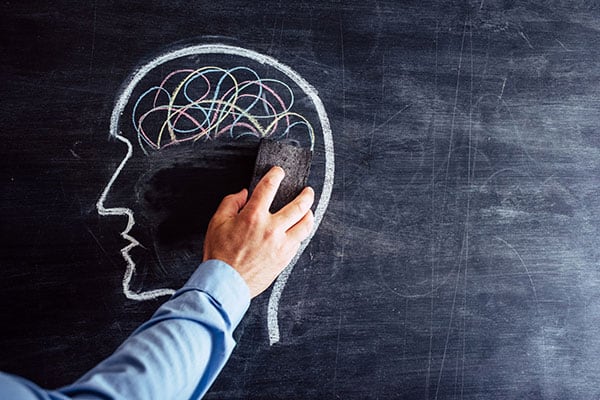
Traumatic Brain Injury (TBI) / Head Injury
When a person receives a traumatic brain injury (TBI), generally he/she will not be well educated about the nature of the injury, how it should be properly evaluated, who is the best health care physician to treat it, what treatments are effective, whether it will resolve, and how long they will deal with its impact.
For starters we know that a traumatic brain injury impacts the life of the individual effected, touches the whole family, and extends itself into the community. And its impact can be felt for a lifetime.
A traumatic brain injury is defined as a bump, blow or jolt to the head or a penetrating head injury that disrupts the function of the brain. However, not all blows or jolts to the head result in a TBI. The severity of such a neurological injury may range from “mild” (an altered state of awareness) to “severe,” (an extended period of unconsciousness or amnesia after the injury). Whether the injury is mild or severe, a TBI can result in short and/or long-term problems. For some it may be a few days or weeks, for others it lasts longer and can extend for the rest of their lives.
“A TBI can affect how a person feels, thinks, acts, and learns. These effects can last long after a person’s medical treatment and rehabilitation are completed. Falls and motor vehicle crashes, are the leading causes of TBI overall.”
A TBI can adversely affect a person’s quality of life in numerous ways, including cognitive (for example, mental fatigue, speech, word searching, etc.), behavioral/emotional (for example, irritability, mood changes, depression, etc.), and physical effects (for example, vision changes, balance issues, motor skills, etc.) that affect personal, relationships, ND work functions and abilities. In addition to the impact of the TBI on the individual, TBI impacts the whole family
Few things are as life-altering as a traumatic brain injury (TBI). Whether mild, moderate, severe or catastrophic, brain and head injuries can affect every aspect of your life: at home, at work, and in your relationships. Its impact can be felt for a life-time. TBI is an injury that doesn’t just affect the body, but everything that the brain is involved in such as thinking, organizing, learning, driving, talking, mood, balance, vision, and can have long-term effects on your health and ability to work in numerous ways. The brain injury attorneys at Adler Giersch provide more than just legal representation for their clients, we help individuals and families put their lives back together and structure their legal settlements to meet their financial needs and quality of life.
Signs and symptoms of brain injury, head injury, and concussion are often misunderstood, misdiagnosed or mishandled. A traumatic brain injury can occur even if there’s no loss of consciousness, 90% of people who suffer a concussion aren’t actually “knocked out.” Head injuries require specialized understanding, diagnostic and treatment techniques to address the cognitive, functional, and emotional effects from the injury.
Developing the evidence for your traumatic brain injury, head injury, or concussion case
Developing the evidence around a brain injury case is a unique process and very different than a case involving a neck, back, or knee injury because the trauma to brain tissue from a blow to the head is more complex, nuanced, and can be difficult to prove and prove it longer term impact.
Insurance companies often exploit this lack of clarity or uncertain future with unknowing attorneys and juries, especially when the victim hired an attorney with insufficient experience in these case or the victim tries to advocate on their own behalf. Our attorneys are the ones that educate other attorneys and health care professionals, and are up-to-date on the latest medical research regarding head trauma and brain injury for their clients.
Our TBI work has changed laws nationwide.
Our firm is nationally recognized as award-winning experts in brain injury law and for our advocacy for victims and survivors. We helped craft the nation’s first return-to-play law for contact sports, inspired by our client Zackery Lystedt, to protect young athletes from life threatening concussions. The key mandates in Washington’s Lystedt Law went on to pass in all 50 states and was even supported and endorsed by American College of Sports Medicine and the NFL.
From our work with the non-profit state-wide Brain Injury Alliance of Washington to our protective care for our clients who have suffered a brain injury, we not only know how to develop evidence and structure your case to prove its wide-ranging impact. .
Our clients get access to a pool of medical and legal knowledge, community resources and a level of collaborative care that other firms simply can’t offer.
Do you need help with a traumatic brain injury? Contact Adler Giersch now and find out how our attorneys can help you. Consultation are private, confidential, and without any cost.
Is a concussion a traumatic brain injury?
Yes, a concussion is a type of brain injury. If you have been concussed, your brain has been injured.
Does someone need to lose consciousness for them to have a TBI?
No, a person can remain conscious while experiencing a concussion. We look for altered states of awareness as a sign of Traumatic Brain Injury.

